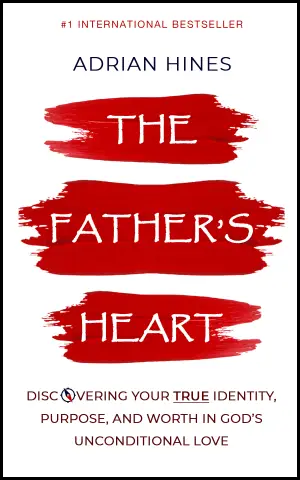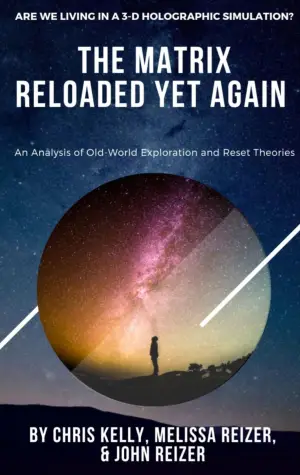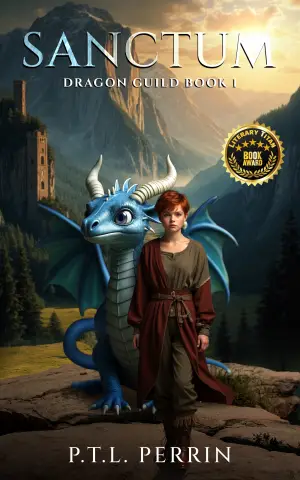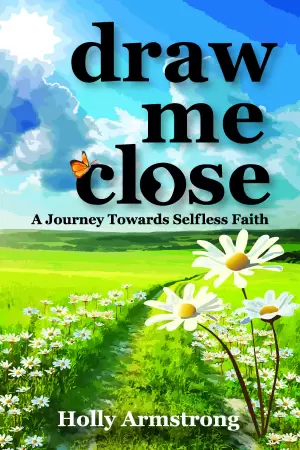Exploring the Treasure of The Alchemist: A Reflective Review
When it comes to iconic literature, few titles spark the level of discussion and intrigue as The Alchemist by Paulo Coelho. I first encountered this novel years ago, whispering promises of adventure and destiny, and like many, I was swept up in its fable-like magic. Revisiting it for my book club felt like unearthing a relic from my past—one that I hoped would offer deeper insights this time around.
The Alchemist unfolds the journey of Santiago, a young shepherd chasing his dreams across the vast deserts of Egypt. Guided by a mysterious king, he learns profound lessons about the nature of fate, spirituality, and the pursuit of one’s "Personal Legend." The story is peppered with memorable quotes and wisdom that many have adopted as mantras, like “Remember that wherever your heart is, there you will find your treasure.” This idea resonates deeply, suggesting that the true treasure lies within our hearts and dreams.
Coelho’s writing is both lyrical and accessible, which often makes readers feel buoyed by hope. It reads almost like a self-help manual disguised as fiction—an endless well of platitudes. For some, this might be comforting, but I found it left me craving something richer. Santiago meets various characters who essentially serve as vessels for Coelho’s philosophies, offering swift doses of wisdom reminiscent of motivational posters from the ’90s. While these encounters are enlightening on their surface, they sometimes feel a bit contrived, like Coelho was checking off boxes on a list of life lessons.
One of the more poignant themes is the importance of overcoming fear and taking action. Coelho writes, “There is only one way to learn… It’s through action.” This is empowering, no doubt, yet it also poses the risk of oversimplifying the complexities of life. Santiago’s journey, while uplifting, glosses over the genuine struggles many face beyond mere self-determination. The suggestion that unfulfilled dreams equate to a lack of effort can come off as disheartening. It’s a happy narrative for the determined soul, but it risks alienating those contending with systemic obstacles.
I also grappled with the portrayal of female characters, particularly Fatima, who felt more like a reward for Santiago than a fully realized character. Her presence serves to elevate his journey without much agency of her own. This aspect left me feeling uneasy, as it reinforces the trope of woman as prize rather than partner.
The philosophical depth of The Alchemist sways between comforting and superficial. As Coelho claims, “It’s the possibility of having a dream come true that makes life interesting.” I completely agree! However, the dreamy conversations often feel dispersed throughout the narrative without weaving a tight fabric of story. By the end, Santiago’s journey left me ambivalent. The resolution—a deus ex machina—that reaffirms the “it’s about the journey, not the destination” mantra didn’t quite land with the resonance I had hoped.
In essence, The Alchemist is a creative quilt of inspiration and aspiration, perfect for those seeking simple, inspiring reads. It’s a treasure trove of quotable wisdom that can boost one’s spirit, especially during lonely or uncertain times. Yet for those curious about depth and nuance, it might feel a bit like cotton candy—light, colorful, and fun, but lacking a satisfying substance.
If you’re a dreamer at heart—someone who craves positivity and warmth—you’ll likely find solace in these pages. For me, the experience was bittersweet: a nostalgic revisitation that left me with fond memories but little in terms of lasting impact. Perhaps the true treasure lies not just in straightforward inspiration, but in the conversations it can spark in our hearts and minds.

















